Review:
The Unbroken, by C.L. Clark
| Series: |
Magic of the Lost #1 |
| Publisher: |
Orbit |
| Copyright: |
March 2021 |
| ISBN: |
0-316-54267-9 |
| Format: |
Kindle |
| Pages: |
490 |
The Unbroken is the first book of a projected fantasy trilogy. It
is C.L. Clark's first novel.
Lieutenant Touraine is one of the Sands, the derogatory name for the
Balladairan Colonial Brigade. She, like the others of her squad, are
conscript soldiers, kidnapped by the Balladairan Empire from their
colonies as children and beaten into "civilized" behavior by Balladairan
training. They fought in the Balladairan war against the Taargens. Now,
they've been reassigned to El-Wast, capital city of Qaz l, the foremost of
the southern colonies. The place where Touraine was born, from which she
was taken at the age of five.
Balladaire is not France and Qaz l is not Algeria, but the parallels are
obvious and strongly implied by the map and the climates.
Touraine and her squad are part of the forces accompanying Princess Luca,
the crown princess of the Balladairan Empire, who has been sent to take
charge of Qaz l and quell a rebellion. Luca's parents died in the
Withering, the latest round of a recurrent plague that haunts Balladaire.
She is the rightful heir, but her uncle rules as regent and is reluctant
to give her the throne. Qaz l is where she is to prove herself. If she
can bring the colony in line, she can prove that she's ready to rule: her
birthright and her destiny.
The Qaz li are uninterested in being part of Luca's grand plan of personal
accomplishment. She steps off her ship into an assassination attempt,
foiled by Touraine's sharp eyes and quick reactions, which brings the Sand
to the princess's attention. Touraine's reward is to be assigned the
execution of the captured rebels, one of whom recognizes her and names her
mother before he dies. This sets up the core of the plot: Qaz li
rebellion against an oppressive colonial empire, Luca's attempt to use the
colony as a political stepping stone, and Touraine caught in between.
One of the reasons why I am happy to see increased diversity in SFF
authors is that the way we tell stories is shaped by our cultural
upbringing. I was taught to tell stories about colonialism and rebellion
in a specific ideological shape. It's hard to describe briefly, but the
core idea is that being under the rule of someone else is unnatural as
well as being an injustice. It's a deviation from the way the world
should work, something unexpected that is inherently unstable. Once
people unite to overthrow their oppressors, eventual success is
inevitable; it's not only right or moral, it's the natural path of
history. This is what you get when you try to peel the supremacy part
away from white supremacy but leave the unshakable self-confidence and
bedrock assumption that the universe cares what we think.
We were also taught that rebellion is primarily ideological. One may be
motivated by personal injustice, but the correct use of that injustice is
to subsume it into concepts such as freedom and democracy. Those concepts
are more "real" in some foundational sense, more central to the right
functioning of the world, than individual circumstance. When the
now-dominant group tells stories of long-ago revolution, there is no
personal experience of oppression and survival in which to ground the
story; instead, it's linked to anticipatory fear in the reader, to the
idea that one's privileges could be taken away by a foreign oppressor and
that the counter to this threat is ideological unity.
Obviously, not every white fantasy author uses this story shape, but the
tendency runs deep because we're taught it young. You can see it
everywhere in fantasy, from
Lord of the Rings to
Tigana.
The Unbroken uses a much
different story shape, and I don't think it's a coincidence that the
author is Black.
Touraine is not sympathetic to the Qaz li. These are not her people and
this is not her life. She went through hell in Balladairan schools, but
she won a place, however tenuous. Her personal role model is General
Cantic, the Balladairan Blood General who was also one of her instructors.
Cantic is hard as nails, unforgiving, unbending, and probably a war
criminal, but also the embodiment of a military ethic. She is tough but
fair with the conscript soldiers. She doesn't put a stop to their
harassment by the regular Balladairan troops, but neither does she let it
go too far. Cantic has power, she knows how to keep it, and there is a
place for Touraine in Cantic's world.
And, critically, that place is not just hers: it's one she shares with her
squad. Touraine's primary loyalty is not to Balladaire or to Qaz l. It's
to the Sands. Her soldiers are neither one thing nor the other, and they
disagree vehemently among themselves about what Qaz l and their other
colonial homes should be to them, but they learned together, fought
together, and died together. That theme is woven throughout
The
Unbroken: personal bonds, third and fourth loyalties, and practical
ethics of survival that complicate and contradict simple dichotomies of
oppressor and oppressed.
Touraine is repeatedly offered ideological motives that the protagonist in
the typical story shape would adopt. And she repeatedly rejects them for
personal bonds: trying to keep her people safe, in a world that is not
looking out for them.
The consequence is that this book tears Touraine apart. She tries to walk
a precarious path between Luca, the Qaz li, Cantic, and the Sands, and she
falls off that path a lot. Each time I thought I knew where this book was
going, there's another reversal, often brutal. I tend to be a
happily-ever-after reader who wants the protagonist to get everything they
need, so this isn't my normal fare. The amount of hell that Touraine goes
through made for difficult reading, worse because much of it is due to her
own mistakes or betrayals. But Clark makes those decisions believable
given the impossible position Touraine is in and the lack of role models
she has for making other choices. She's set up to fail, and the price of
small victories is to have no one understand the decisions that she makes,
or to believe her motives.
Luca is the other viewpoint character of the book (and yes, this is also a
love affair, which complicates both of their loyalties). She is the
heroine of a more typical genre fantasy novel: the outsider princess with
a physical disability and a razor-sharp mind, ambitious but fair (at least
in her own mind), with a trusted bodyguard advisor who also knew her
father and a sincere desire to be kinder and more even-handed in her
governance of the colony. All of this is real; Luca is a protagonist, and
the reader is not being set up to dislike her. But compared to Touraine's
grappling with identity, loyalty, and ethics, Luca is never in any real
danger, and her concerns start to feel too calculated and superficial.
It's hard to be seriously invested in whether Luca proves herself or gets
her throne when people are being slaughtered and abused.
This, I think, is the best part of this book. Clark tells a traditional
ideological fantasy of learning to be a good ruler, but she puts it
alongside a much deeper and more complex story of multi-faceted
oppression. She has the two protagonists fall in love with each other and
challenges them to understand each other, and Luca does not come off well
in this comparison. Touraine is frustrated, impulsive, physical, and
sometimes has catastrophically poor judgment. Luca is analytical and
calculating, and in most ways understands the political dynamics far
better than Touraine. We know how this story usually goes: Luca sees
Touraine's brilliance and lifts her out of the ranks into a role of
importance and influence, which Touraine should reward with loyalty. But
Touraine's world is more real, more grounded, and more authentic, and both
Touraine and the reader know what Luca could offer is contingent and comes
with a higher price than Luca understands.
(Incidentally, the cover of
The Unbroken, designed by Lauren
Panepinto with art by Tommy Arnold, is astonishingly good at capturing
both Touraine's character and the overall feeling of the book. Here's a
larger version.)
The writing is good but uneven. Clark loves reversals, and they did keep
me reading, but I think there were too many of them. By the end of the
book, the escalation of betrayals and setbacks was more exhausting than
exciting, and I'd stopped trusting anything good would last. (Admittedly,
this is an accurate reflection of how Touraine felt.) Touraine's inner
monologue also gets a bit repetitive when she's thrashing in the jaws of
an emotional trap. I think some of this is first-novel problems of
over-explaining emotional states and character reasoning, but these
problems combine to make the book feel a bit over-long.
I'm also not in love with the ending. It's perhaps the one place in the
book where I am more cynical about the politics than Clark is, although
she does lay the groundwork for it.
But this book is also full of places small and large where it goes a
different direction than most fantasy and is better for it. I think my
favorite small moment is Touraine's quiet refusal to defend herself
against certain insinuations. This is such a beautiful bit of
characterization; she knows she won't be believed anyway, and refuses to
demean herself by trying.
I'm not sure I can recommend this book unconditionally, since I think you
have to be in the mood for it, but it's one of the most thoughtful and
nuanced looks at colonialism and rebellion I can remember seeing in
fantasy. I found it frustrating in places, but I'm also still thinking
about it. If you're looking for a political fantasy with teeth, you could
do a lot worse, although expect to come out the other side a bit battered
and bruised.
Followed by
The Faithless, and I have no idea where Clark is going
to go with the second book. I suppose I'll have to read and find out.
Content note: In addition to a lot of violence, gore, and death, including
significant character death, there's also a major plague. If you're not
feeling up to reading about panic caused by contageous illness, proceed
with caution.
Rating: 7 out of 10
 20 years ago, I got my Debian Developer account. I was 18 at the time, it was Shrove Tuesday and - as is customary - I was drunk when I got the email. There was so much that I did not know - which is also why the process took 1.5 years from the time I applied. I mostly only maintained a package or two. I'm still amazed that Christian Perrier and Joerg Jaspert put sufficient trust in me at that time. Nevertheless now feels like a good time for a personal reflection of my involvement in Debian.
20 years ago, I got my Debian Developer account. I was 18 at the time, it was Shrove Tuesday and - as is customary - I was drunk when I got the email. There was so much that I did not know - which is also why the process took 1.5 years from the time I applied. I mostly only maintained a package or two. I'm still amazed that Christian Perrier and Joerg Jaspert put sufficient trust in me at that time. Nevertheless now feels like a good time for a personal reflection of my involvement in Debian.








 Most of my Debian contributions this month were
Most of my Debian contributions this month were
 On the riscv64 port, the default boot method is UEFI, with
On the riscv64 port, the default boot method is UEFI, with 

























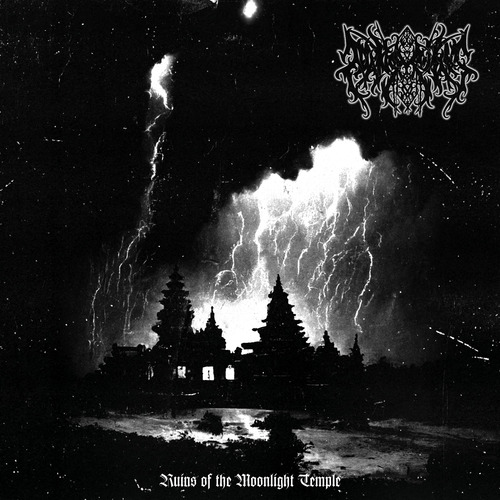





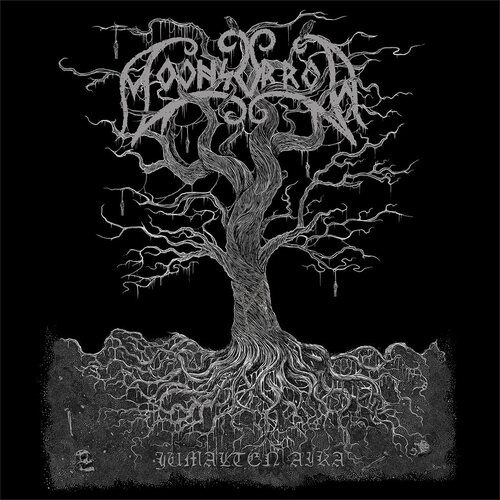


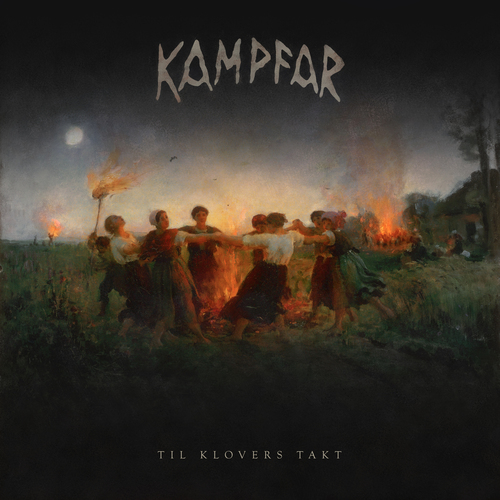
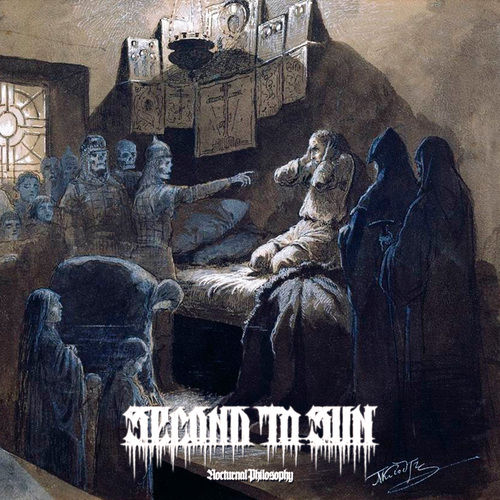
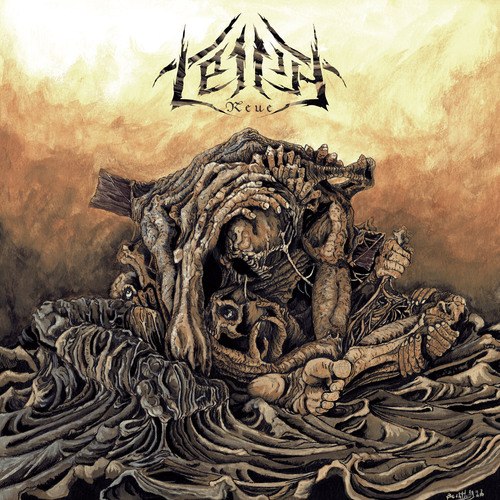


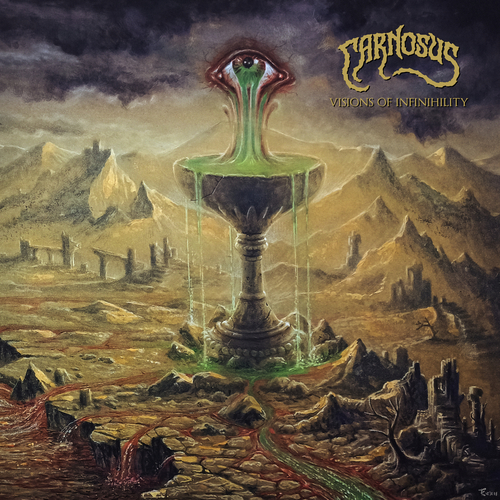








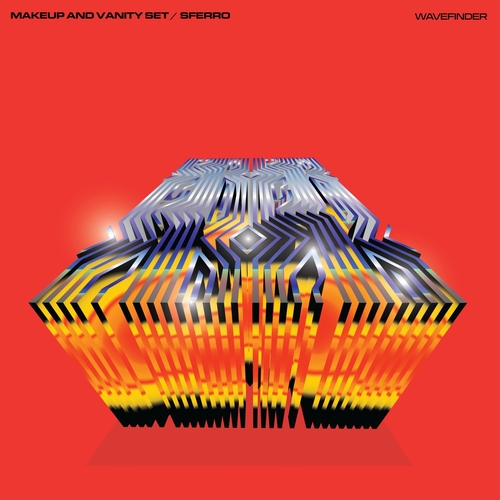


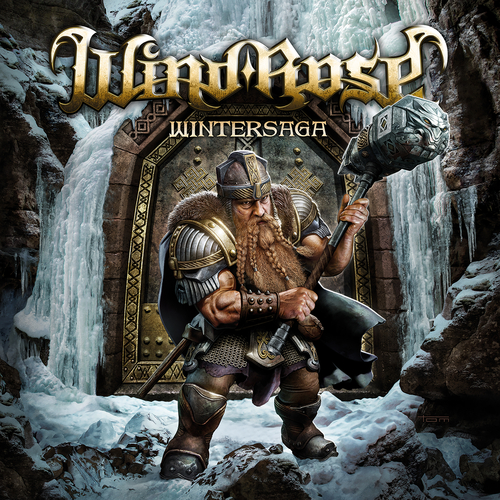

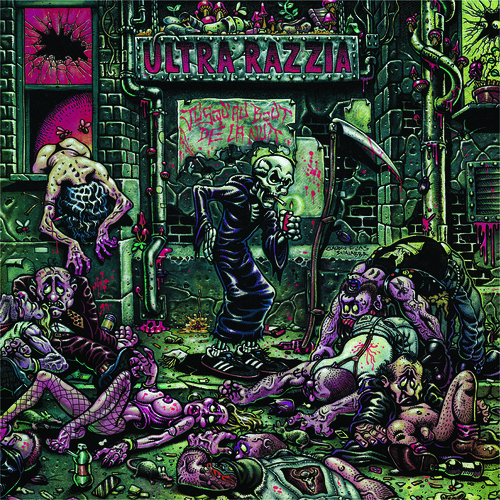


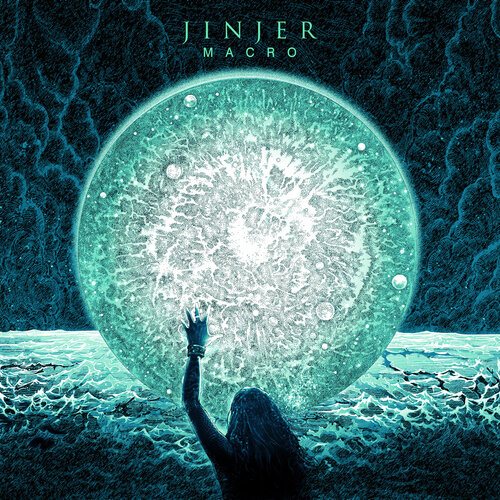

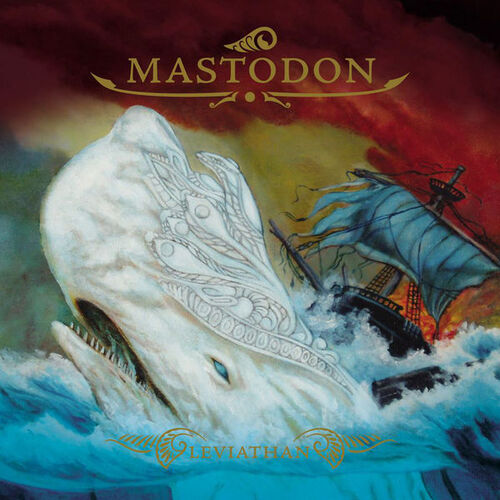

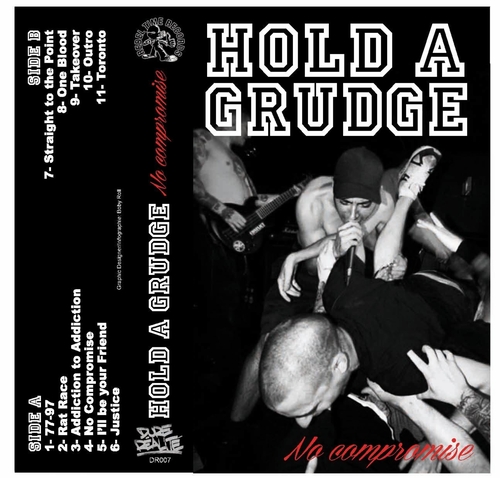
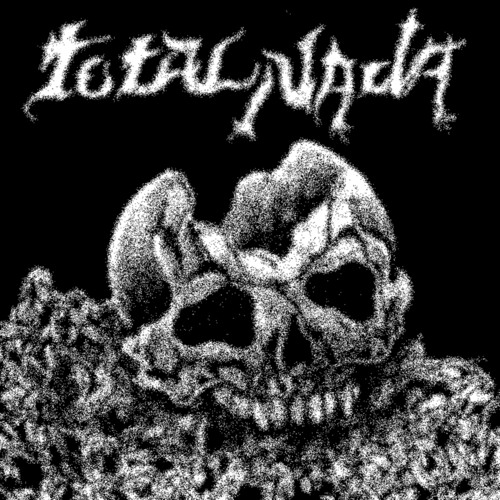
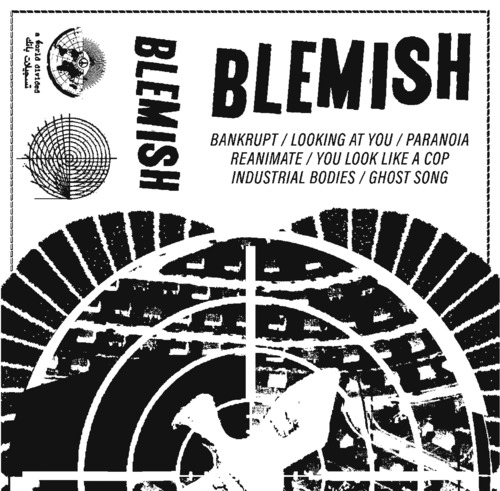






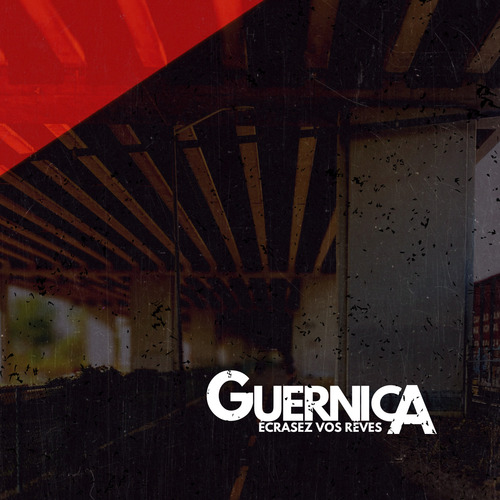
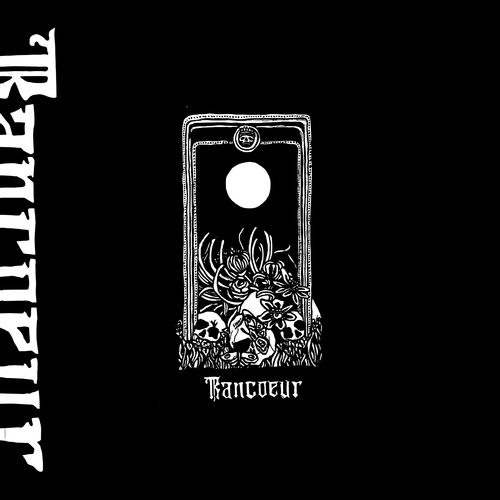




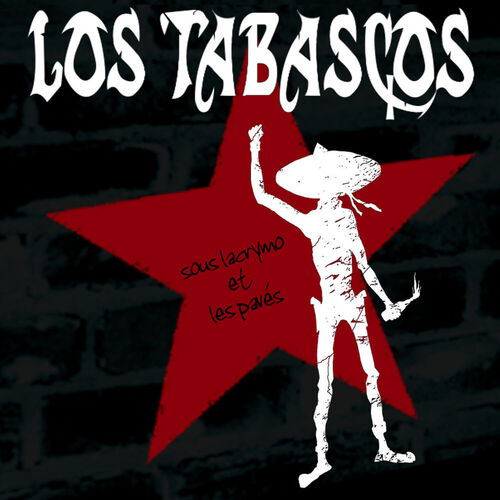


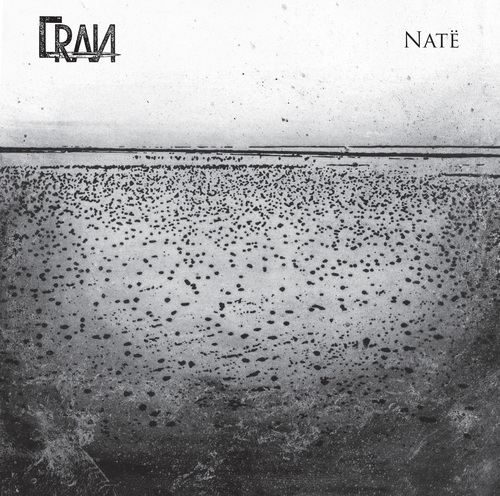

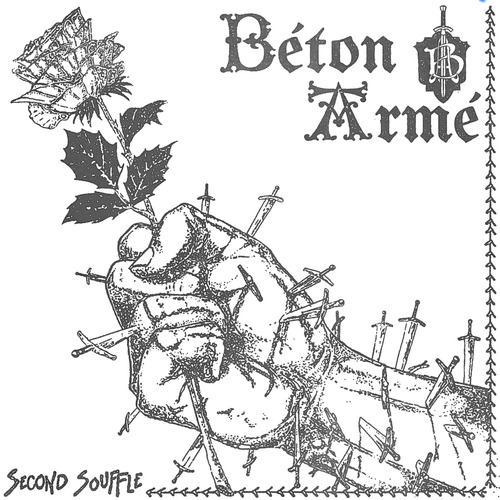




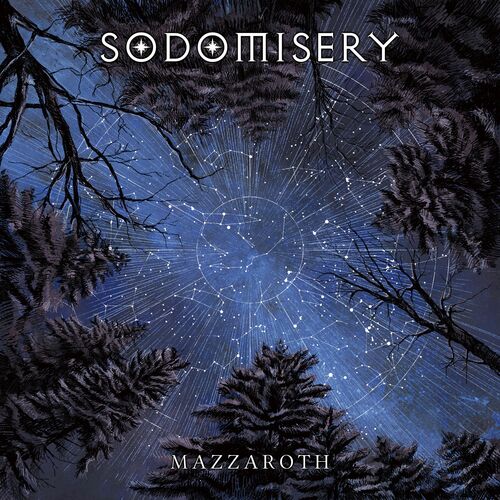
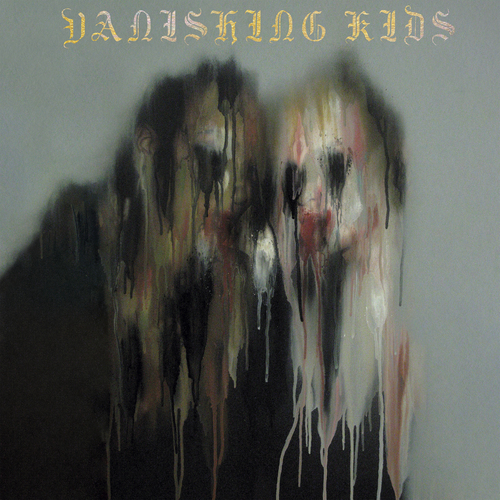

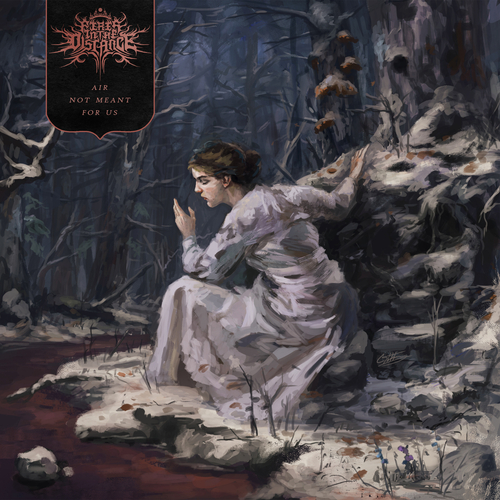
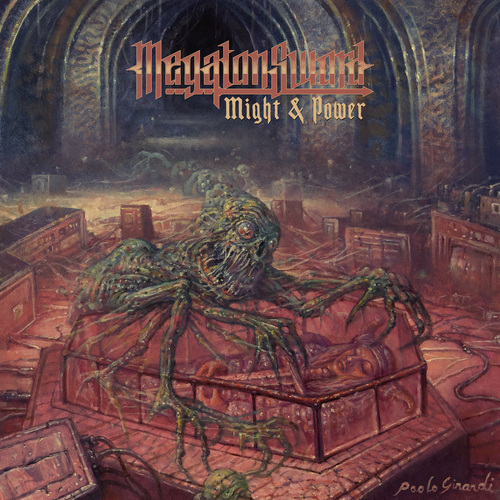
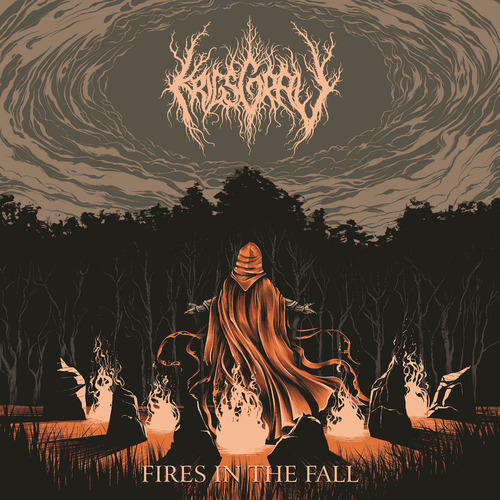

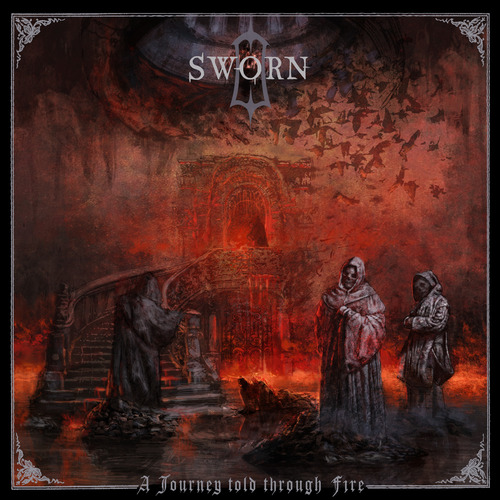
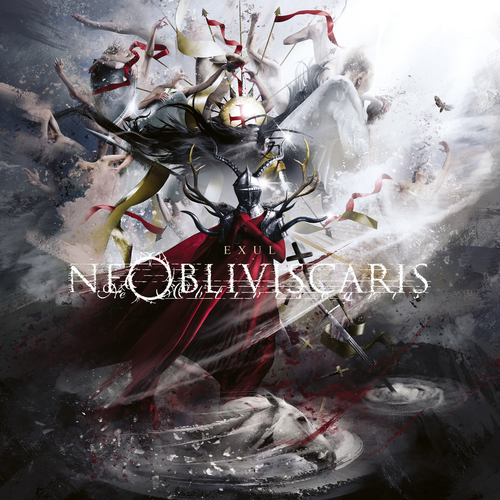
















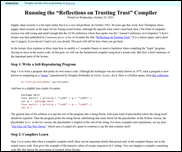
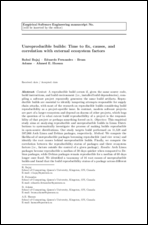














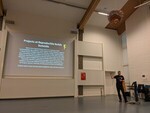
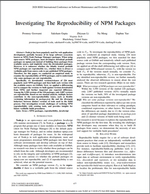
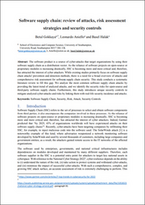

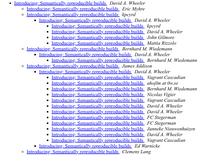




 I've been pondering what should happen to personal websites once the owner has
passed, or otherwise "moved on". Some time ago I stumbled across a
I've been pondering what should happen to personal websites once the owner has
passed, or otherwise "moved on". Some time ago I stumbled across a 







